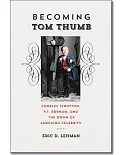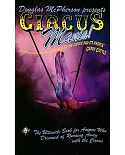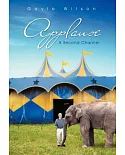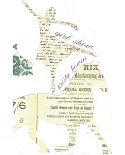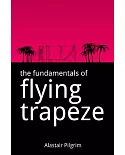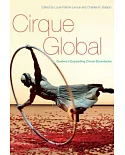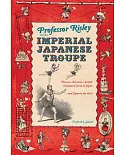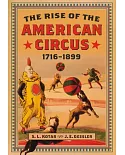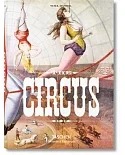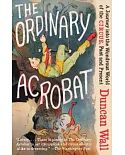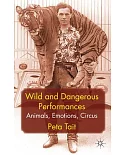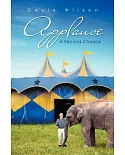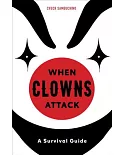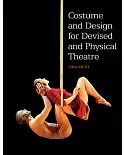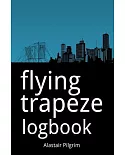The 1960s American hippie-clown boom fostered myriad creativity, including neo-vaudeville and Ringling’s Clown College. However, the origin of that impulse, clowning with a circus, has
largely gone unexamined. Through an autoethnographic examination of his own experiences in clowning, David Carlyon offers a close reading of the education of a professional circus clown.
Layering critical reflections of personal experience with connections to wider scholarship, Carlyon focuses on the work of clowning while interrogating what clowns actually do, rather than
using them as stand-ins for conceptual ideas or as sentimental figures.



